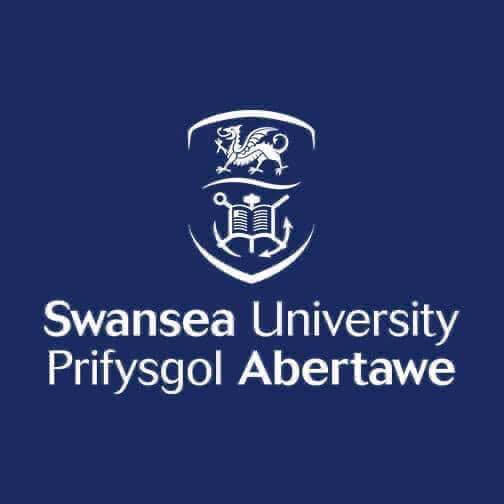fees waived
Mathematics, MMath (Hons), with industry placement
Swansea University, United Kingdom
Ranking in UK
Mathematics
Mathematics
Mathematics
Costs
food & rent S$17.1K / year
Entry requirements
Scholarships
Limited quantity
Limited quantity
Limited quantity
Information
Code
Code
Intakes
Website (External)
Programmes
Information
Duration
2030
Mathematics is a universal language with ancient roots, essential in today's data-driven world. Our four-year MMath Mathematics programme, taught in the state-of-the-art £32.5m Computational Foundry, equips students with advanced facilities for teaching, research, and professional networking. Accredited by the Institute of Mathematics and its Applications, the course covers pure mathematics, applied mathematics, and finance, preparing graduates for high-demand careers in actuarial science, finance, IT, and beyond. Mathematics graduates typically earn 50% more than average, thanks to skills in logical reasoning, data analysis, and communication.The curriculum spans four years, with Year 1 focusing on foundational topics like calculus and algebra, progressing to advanced areas in Years 2-4 such as game theory, differential equations, and stochastic processes. Assessment includes exams, assignments, presentations, and a final-year project, fostering independent learning and practical application. A five-year option with a year abroad is available, and we guarantee conditional offers subject to entry requirements.
In Year 1, you will typically have the opportunity to study areas including: applied statistics; classical mechanics (of particles); computational methods (with Matlab); geometry; introductory calculus; introductory analysis; foundations of algebra; introductory linear algebra; methods of algebra and calculus. In Year 2, you will typically have the opportunity to study areas including: advanced geometry; classical mechanics (of rigid bodies); game theory and optimization; groups and rings; numerical methods (with Matlab); probability; real analysis and metric spaces; vector calculus and measure theory; further methods of algebra and calculus; vector spaces. In Year 3, you will typically have the opportunity to study areas including: higher algebra; numerical analysis; analytical dynamics; applied algebra: coding theory; biomathematics; complex variables; differential geometry; financial mathematics; stochastic processes; partial differential equations; functional analysis; and teaching mathematics via a school placement. In Year 4, you will typically have the opportunity to study areas including: partial differential equations; differential geometry; applied algebra: coding theory; numerical analysis; analytical dynamics; stochastic processes; financial mathematics; Black-Scholes Theory; biomathematics; functional analysis; Itô calculus and stochastic differential equations. You will also undertake a project.
A local representative of Swansea University in Singapore is available online to assist you with enquiries about this course.

